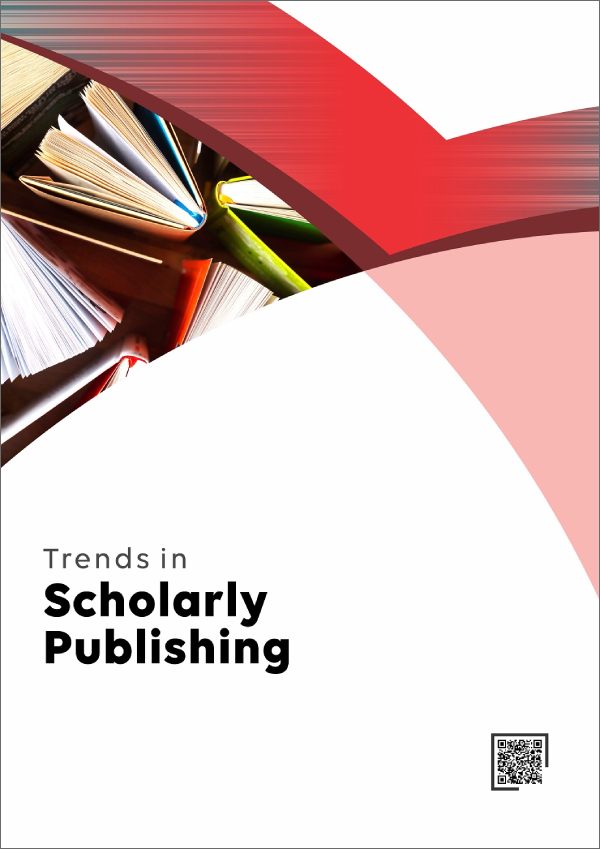Corrections and Retractions Policy
Trends in Scholarly Publishing (TSP) is committed to maintaining the accuracy and integrity of the scientific record. We actively encourage authors, reviewers, and readers to report errors, scientific misconduct, or other issues that may affect the reliability or interpretation of published work. All reported concerns are investigated in line with the Committee on Publication Ethics (COPE) guidelines.
Corrigendum (Corrections)
TSP issues a corrigendum to correct significant factual errors in published articles that could affect the interpretation of results. Minor issues such as grammar, spelling, or style will not be corrected by a corrigendum.
- All correction requests are reviewed by the editorial team to determine if a corrigendum is warranted.
- Corrigenda are free of charge and are published in the next issue.
- Each corrigendum is linked to the original article and clearly distinguishes the correction from retractions or expressions of concern.
Retractions and Expressions of Concern
TSP adheres to the Retraction Guidelines set forth by the Committee on Publication Ethics (COPE) and recommends these guidelines for any necessary retractions of articles. We strongly encourage the author(s) to cooperate fully in investigating such cases.
Retractions are considered when:
- Errors are significant enough to invalidate the article's results or conclusions.
- The article involves research misconduct (e.g., plagiarism, data fabrication or falsification, image manipulation, duplicate publication, manipulated peer review, undeclared conflicts of interest).
- The article breaches ethical standards (e.g., lack of informed consent, animal welfare violations, unethical methodology, privacy or copyright infringement).
Retraction process:
- Retractions are published promptly, in the current issue, and are linked to the original article.
- The original article is retained in the archive but clearly marked with a "RETRACTED" watermark.
- The retraction notice explains the reason for retraction and includes a full citation to the affected article.
- Retractions may be initiated by the authors, editors, or in some cases, other responsible parties.
- Editors may notify the authors' institutions or funders and, if appropriate, publish additional notices regarding the validity of the work.
Expressions of Concern
If there are well-founded doubts about an article's integrity but evidence is inconclusive, TSP may issue an Expression of Concern. This alerts readers while investigations are ongoing. Expressions of Concern are used cautiously, as they may affect the authors' reputations, and are typically replaced by a correction or retraction once facts are confirmed.
Withdrawal of Articles
In exceptional cases, articles may be withdrawn or removed:
- For legal reasons (e.g., defamation, copyright violations, court orders).
- When false or inaccurate data could pose a serious health risk if acted upon.
In such cases, a retraction notice is published, bibliographic information is retained for the record, and a detailed explanation for the withdrawal is provided.



